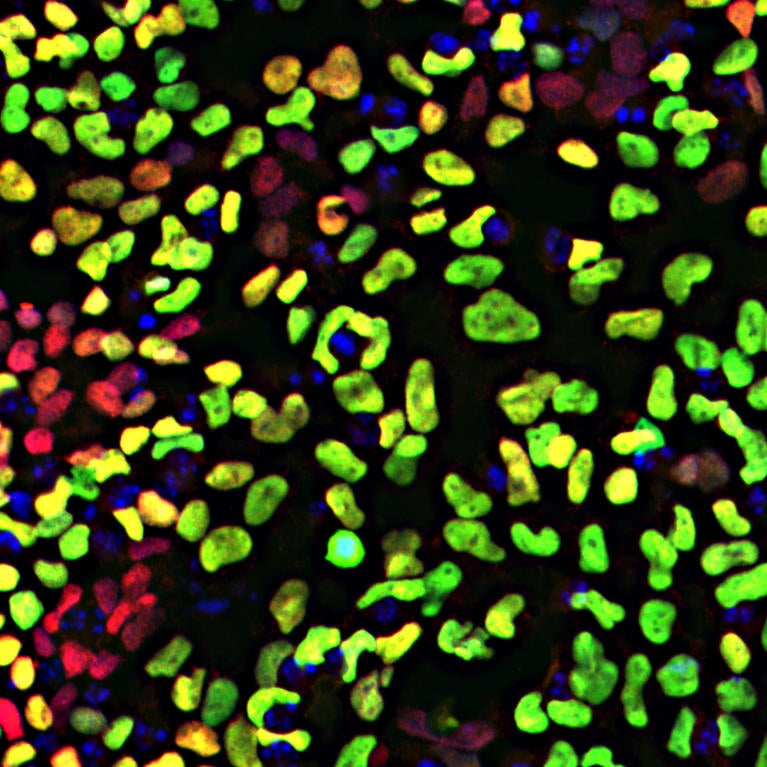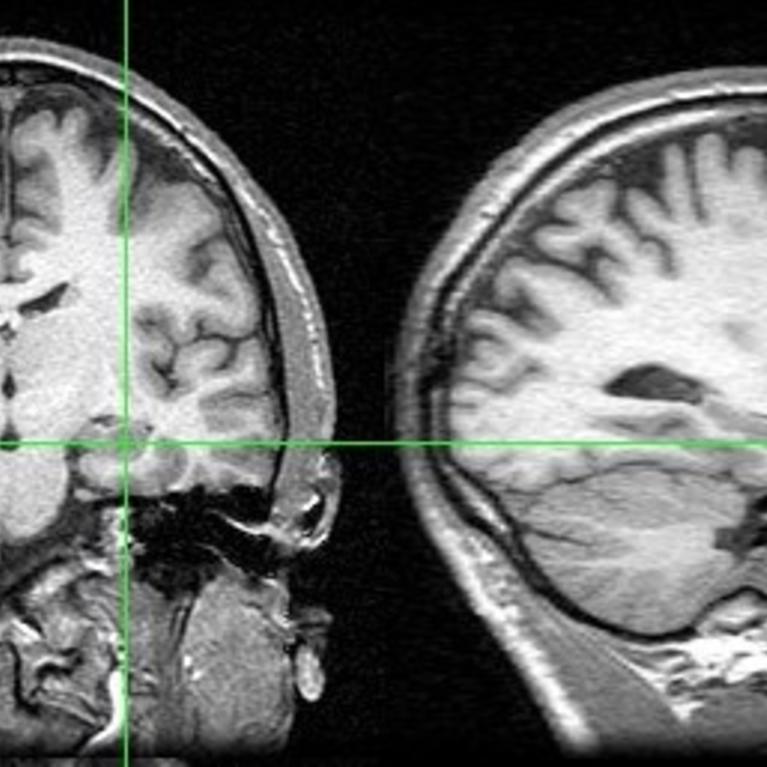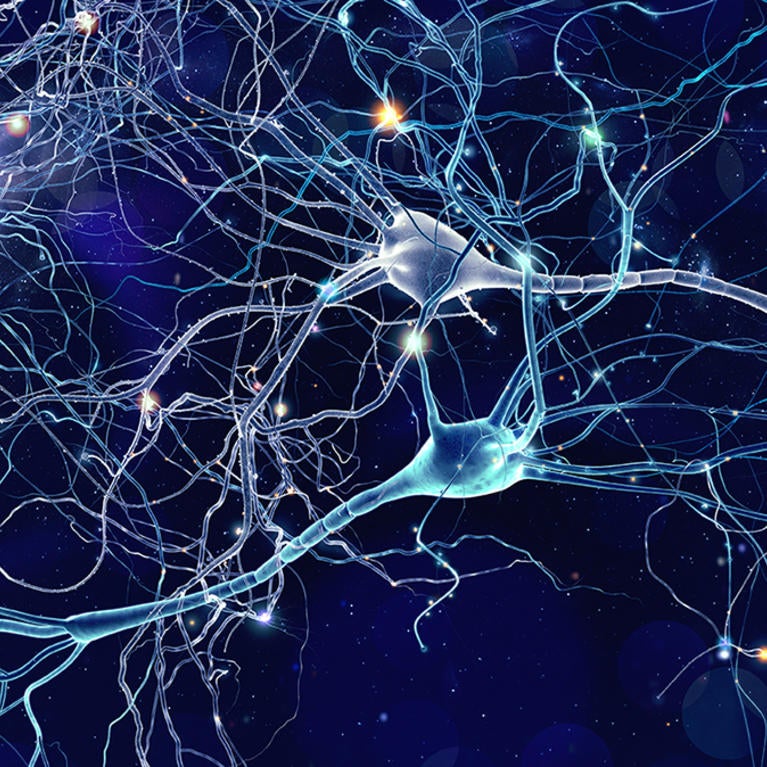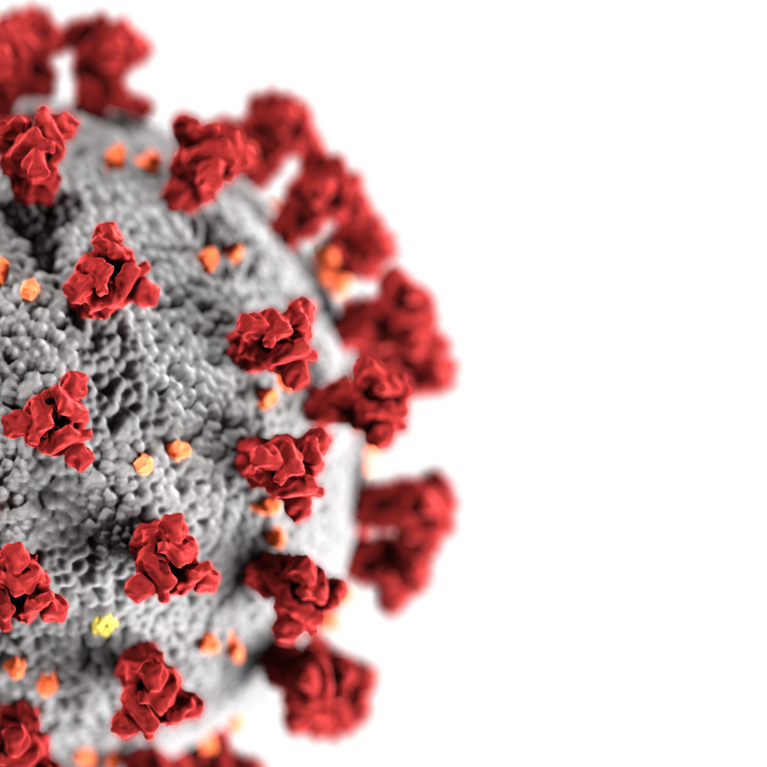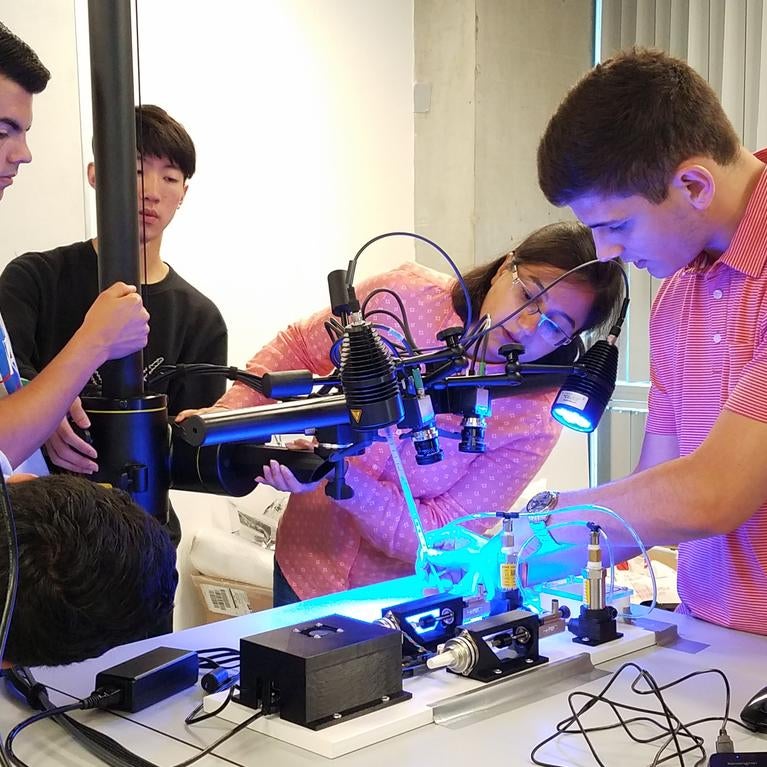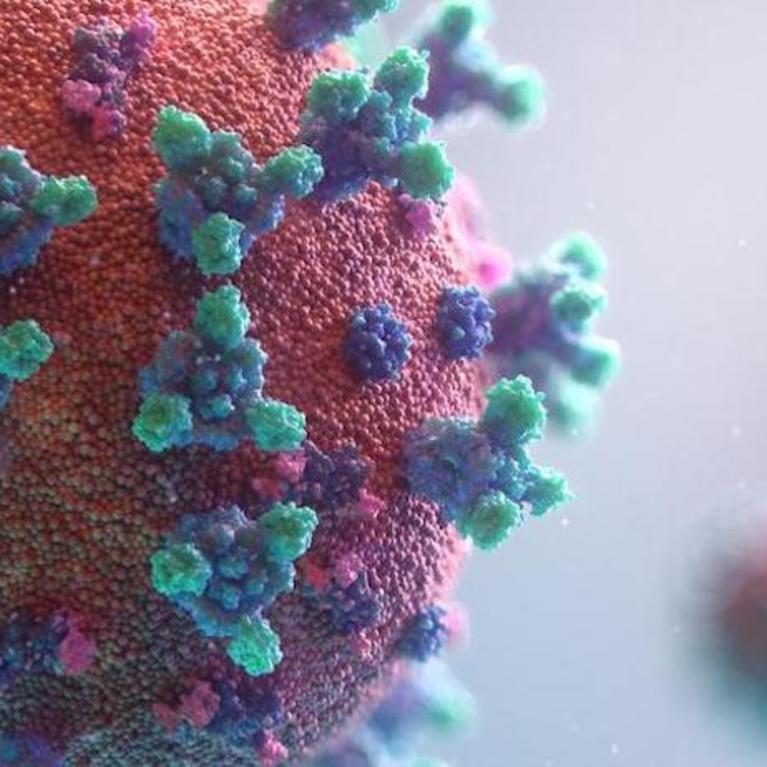
Observed COVID-19 variability may have underlying molecular sources
UC Riverside-led study shows how variations in SARS-CoV-2 host gene expression can be linked to variations in COVID-19 susceptibility and symptom severity

Drug found to correct gene defect that causes immune-driven gut leakiness
UC Riverside-led study is the first to show how tofacitinib rescues gut barrier function from overactive immune cells

Developing a COVID-19 vaccine at warp speed
Dr. Paul Offit, an international expert on vaccines, will give the 2020 Thomas and Salma Haider Biomedical Breakthrough Lecture at UC Riverside

Improving treatment of spinal cord injuries
Osmotic therapy device reduces swelling to prevent secondary injuries in rats

School of Medicine faculty receive grants to increase diversity in biomedical sciences, study incentives in research, boost mental health treatment
Total funding of three grants exceeds $1.2 million

Understanding a gene’s role in inflammatory bowel disease
UC Riverside mouse study will identify mechanisms the gene PTPN2 uses to affect gut cells
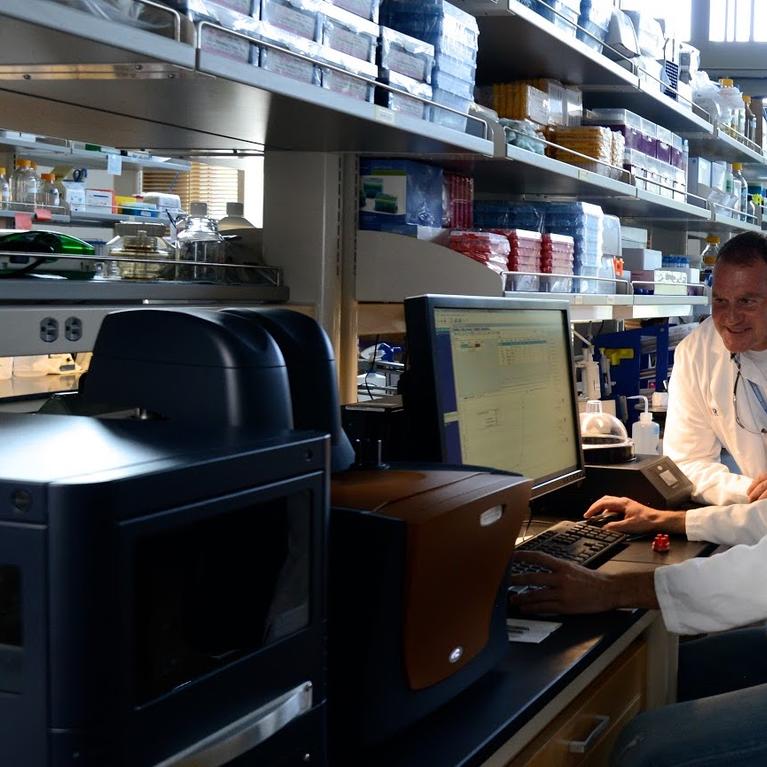
How the coronavirus could be prevented from invading a host cell
UC Riverside-led study shows inhibiting two host cell proteases can accomplish the task
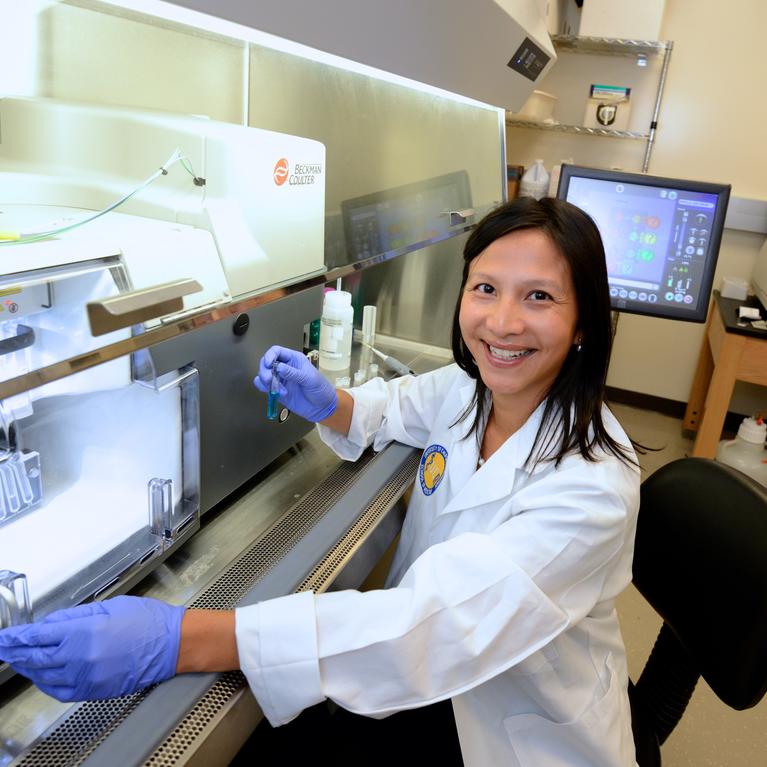
Scientists to study how lungs respond to worm infections
Research supported by five-year NIH grant may have relevance for COVID-19 patients

How does soap kill the coronavirus?
UC Riverside biomedical scientist Marcus Kaul explains
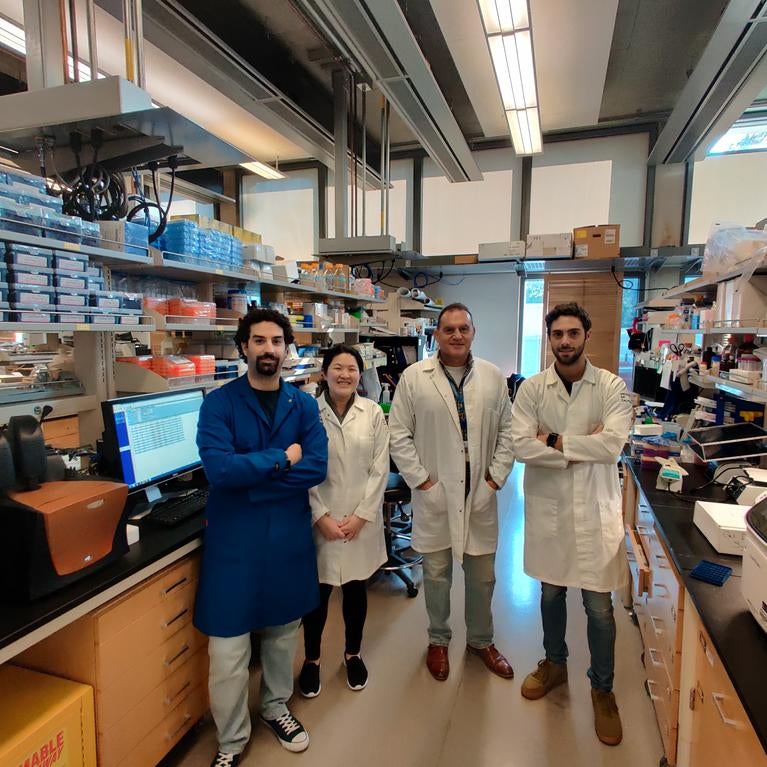
Doubling down on cancer-causing genes
NIH grant of $2.2 million could help researchers target two oncogenes, potentially leading to therapies for melanoma, lung cancer, and other tumors
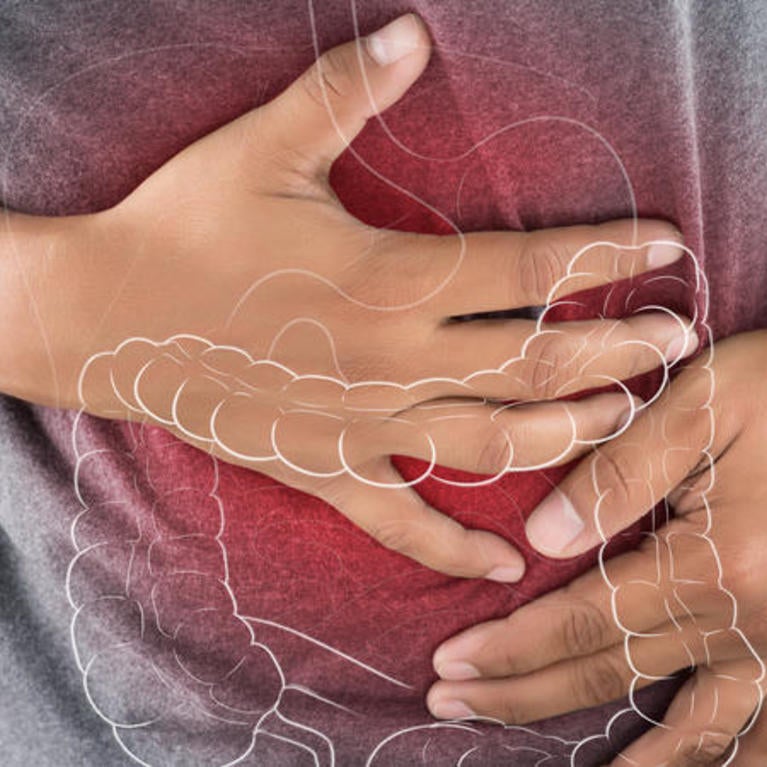
Drug decreases gut leakiness associated with ulcerative colitis
UC Riverside-led study is the first to show how tofacitinib affects epithelial cells lining the gut

Space travel can make the gut leaky
UC Riverside-led study tested the effects of microgravity on intestinal epithelial cells
